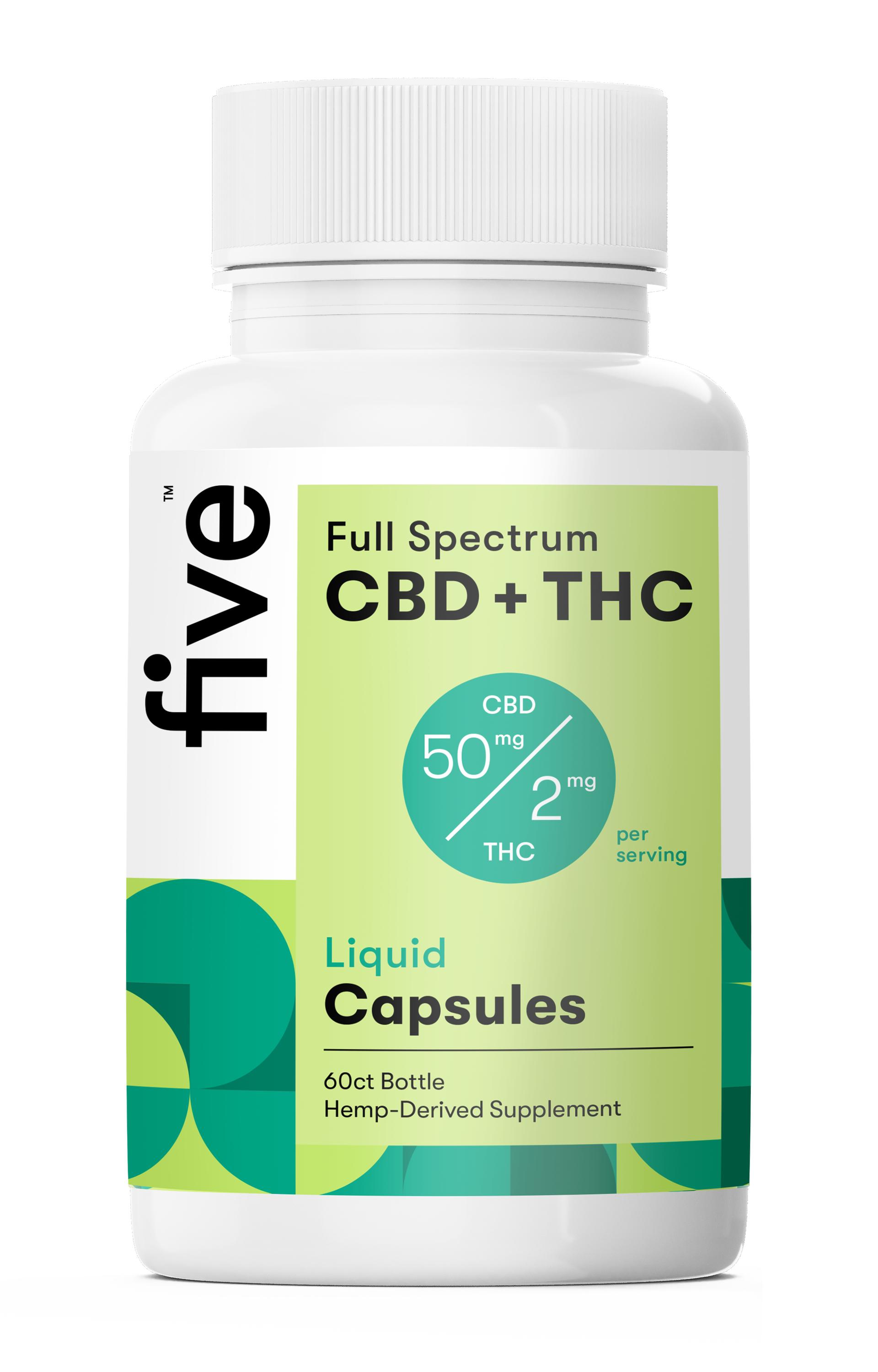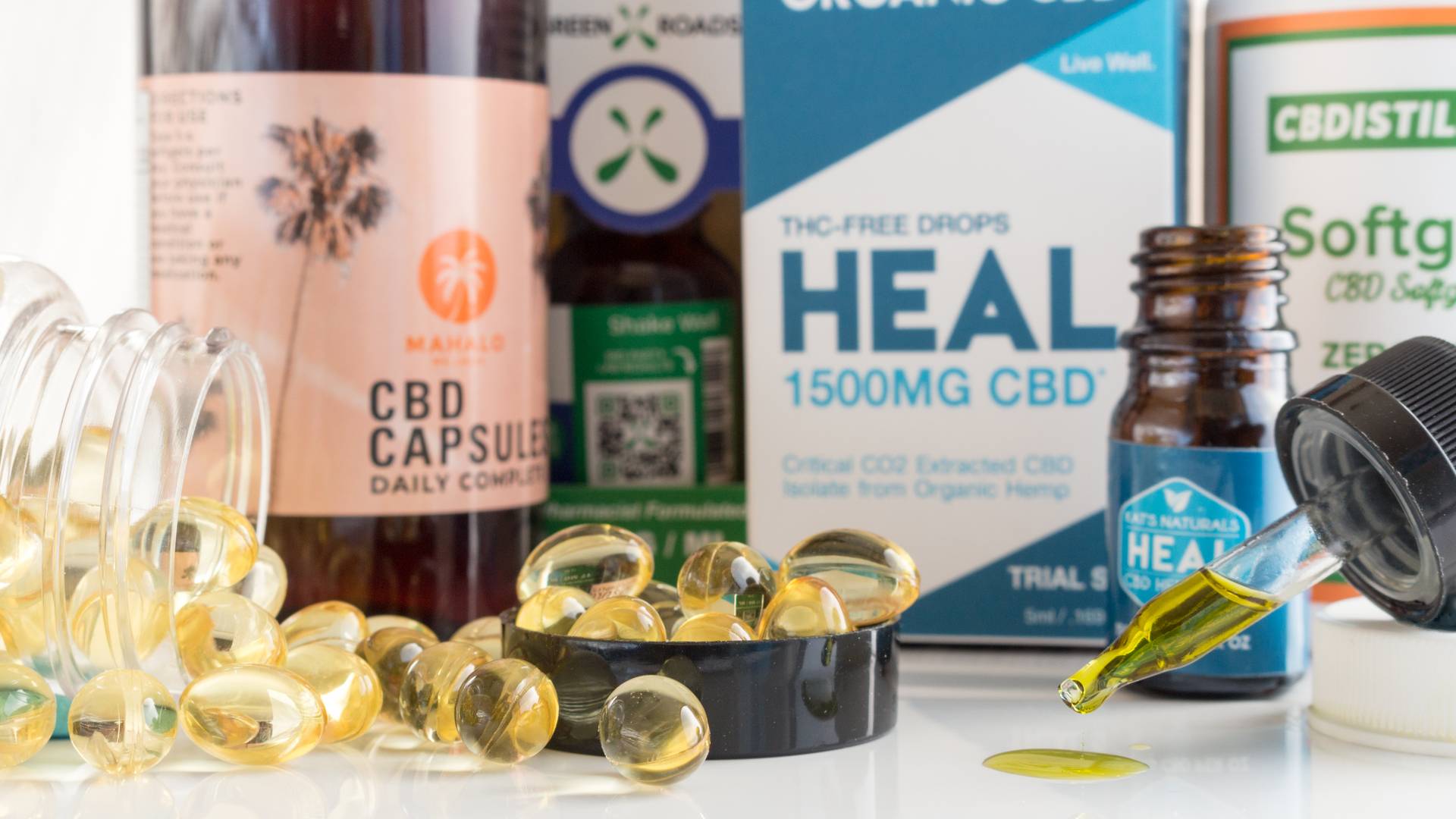
We all know that the regulation and control of nociception are part of the endocannabinoid process. Cannabinoids can affect the endocannabinoid. This article will explain how Cannabinoids impact the endocannabinoid and how it can impact our immune system, and mitochondrial function.
Cannabinoids affect endocannabinoid system
Various researches suggest that cannabinoids affect the endocannabinoid system and may act as a therapeutic target in gastrointestinal disorders. These include nausea, vomiting and paralytic ileus. Endocannabinoid deficiencies are thought to also be responsible for depression, gastroesophageal and inflammatory bowel diseases, and gastroesophageal reflux diseases. Cannabinoids may also be effective in treating diarrhea, loss of appetite, and abdominal pain.

Cannabinoids affect nociception
While cannabinoids are known to have analgesic properties in various human diseases, the effects of cannabis on acute pain is still not fully understood. THC, the principal psychoactive compound of cannabis has antinociceptive qualities. However, this system also plays a role in the regulation and control of inflammation. Cannabinoids interact with cannabinoid receptors. These receptors belong to the superfamily of G protein-coupled proteins and are found in the CNS and PNS.
Cannabinoids affect immune system
Endocannabinoids have several functions in the body, including regulating the immune response and regulating mature immune cell trafficking and function. Recent research has revealed that endocannabinoids have a crucial role in intestinal neutrophil functioning. They block the pro-inflammatory activity by binding to CB2 neutrophil receptors.
Cannabinoids affect mitochondrial function
THC, and most cannabinoids, work on mitochondria by increasing their activity. This alteration is beneficial for human health because the endocannabinoid system is a key regulator of cellular repair and renewal. Continual turnover plays a crucial role in health and homeostasis. The breakdown of cellular components could disrupt regenerative processes, leading to disease. In the case of mitochondria, antioxidants, like CBD, can help restore physiological balance.

Endocannabinoids affect neurotransmitters
There's an interesting connection between cannabis and the brain's endocannabinoids. Endocannabinoids block neurotransmitters from the brain by binding to cannabinoid-receptors in their brain. Scientists also believe that the cannabinoids alleviate anxiety and stress. They are chemical messengers that connect nerve cells and can cause a range of health problems.
FAQ
What are some of the common mistakes that companies make when entering America's cannabinoid market
It is easy to make a mistake by not knowing the regulations surrounding cannabis products. This could cause you to have to modify the formulation of your product.
Unskilled labeling is the second. It is important to determine if your product contains CBD or THC.
The third is how to package your product correctly. If you have a product that contains THC, make sure it is properly packaged.
You can still use all the packaging laws even if your product contains no THC. Many states have legalized cannabidiol (CBD).
Keep track of any recalls regarding your products. If there is a problem with your product, it is important that you inform customers as quickly as possible.
Can CBD have a future in medicine?
Yes. But not because of its medical benefits but rather due to its ability to help people feel better without getting high.
It is a great alternative to prescription drugs because it doesn't make your feel different.
Studies have shown that cannabis is effective in relieving pain, anxiety, depression and insomnia.
Cannabis also contains cannabinoids which interact with receptors in our brains. This interaction can produce feelings of relaxation, well-being, and even a sense of well-being.
It is essential to learn about CBD oil and its effects if you want to use it for health reasons.
Can I use CBD during pregnancy?
There isn't enough research to know if CBD is safe to use during pregnancy.
However, CBD does not appear to be a danger to the baby based upon the limited information.
Pregnant women shouldn't take CBD unless they are advised by their doctor.
The Food and Drug Administration has issued a warning regarding potential risks of CBD use during pregnancy.
FDA claims that "there are some evidences that cannabis consumption during pregnancy may increase the likelihood of miscarriage."
The agency said that more research is needed to reach a firm conclusion.
How much CBD do I need?
The type of product that you're buying determines how do you decide to do it.
The majority of CBD oils are available in strengths between 100mg and 1,000mg per bottle.
Some CBD products come in specific doses such as 25mg 50mg and 75mg.
For example, the company Charlotte's Web makes CBD products with precise amounts of CBD and other cannabinoids.
You can start slowly if you aren't sure if CBD will work for your needs.
You can always go higher later.
Are there any studies that CBD can reduce anxiety?
CBD oil is an effective treatment for anxiety. This happens because it interacts to certain brain receptors called CB1 (and CB2), respectively. The endocannabinoid systems regulates mood and stress response.
Our bodies activate the CB1 receptor when we feel anxious. When activated, the receptor sends signals back to the amygdala that is responsible for emotional processing.
When the CB1 receptor is blocked, the amygdala doesn't receive the signal to process emotions. CBD users have less negative feelings.
2017 study found that CBD helps reduce anxiety in social phobia patients. Another study found that CBD reduced symptoms of PTSD.
A 2018 review concluded that CBD has anxiolytic properties and could help treat generalized anxiety disorder.
Another study indicated that CBD might help reduce panic attacks.
Multiple studies have proven that CBD can actually increase anxiety levels in mice.
Researchers believe this discrepancy in animal data and human data could be due to differences between humans and dogs' responses to CBD.
There are no long-term safety studies available for CBD. However, most experts agree that CBD is safe when used as directed.
What are the most popular CBD brands?
These top CBD brands have been hand-picked by us based on their quality, reliability, value, and other criteria.
They provide high-quality CBD oils that have less than 0.2% THC.
Also, we recommend that you check out our list with the top CBD sellers around the world.
What conditions are treated by CBD?
Any treatment must have an impact on the patient's condition. If you are using cannabis oil as a medicine, then it must be prescribed by a doctor. If you don't have a doctor's prescription, it is illegal to use cannabis products.
A prescription is not necessary if cannabis oil is being used as part of a healthy lifestyle. Talk to your doctor first to ensure that you are safe to use cannabis oil.
Cannabis oils can be made from whole plant extractions or isolated cannabinoids, such as THC and CBN. There are many types of cannabinoids in cannabis oils, including cannabidiol and tetrahydrocannabinol.
These components interact with the receptors in the body to produce pain relief, stress management, anti-inflammatory and antioxidant effects.
Statistics
- A recent systematic review of human trials also reported that individuals with epilepsy receiving CBD (5–20 mg·kg−1·day−1) were more likely to experience decreased appetite than those receiving placebo (i.e., ~20 vs. 5% of patients) (ncbi.nlm.nih.gov)
- While the primary injury may not be treatable, interventions that attenuate secondary sequelae are likely to be of benefit [203].Only one study (ncbi.nlm.nih.gov)
- The use of these products is likely to become even more widespread if the World Health Organization's recommendation that CBD no longer is scheduled in the international drug control conventions is adopted by the United Nations member states [201]. (ncbi.nlm.nih.gov)
- CBD seems unlikely to directly influence sleep in healthy humans [115] (and maybe “sleep-promoting” in those with certain comorbid conditions) (ncbi.nlm.nih.gov)
- however, one study also found that these effects were virtually abolished when the original media (a nutrient broth agar) was replaced with one containing 5% blood (increasing the minimum concentration to ~160 μM CBD) [179]. (ncbi.nlm.nih.gov)
External Links
How To
How to Get Certified To Sell CBD Products
CBD (cannabidiol), one of the many cannabinoids found inside cannabis plants, is one. It's been used medicinally throughout history, including traditionally in China, India, and many South American countries. Due to its ability treat conditions like anxiety and pain, epilepsy, inflammation, and other ailments, it has become increasingly popular. But if you want to start selling CBD products, there's no official certification program available yet -- at least not in the U.S. That means anyone who wants to make money off their own line of CBD products has to rely on the "unofficial" process of self-certification.
There are two ways to go about this. The first way is to join an association of local cannabusiness owners. This allows you to network with other owners and get advice and support. There are many associations in the country. You can also go online and start your own business. Canna-businesses can now operate online in many states. If this is the case, then you can establish your own website immediately and start accepting orders. You must register with the Department of Public Health in your state. Once you've registered, you'll be able to apply for a license through your state's department of public health. After you have received your license, your store is officially open and you can begin taking orders.